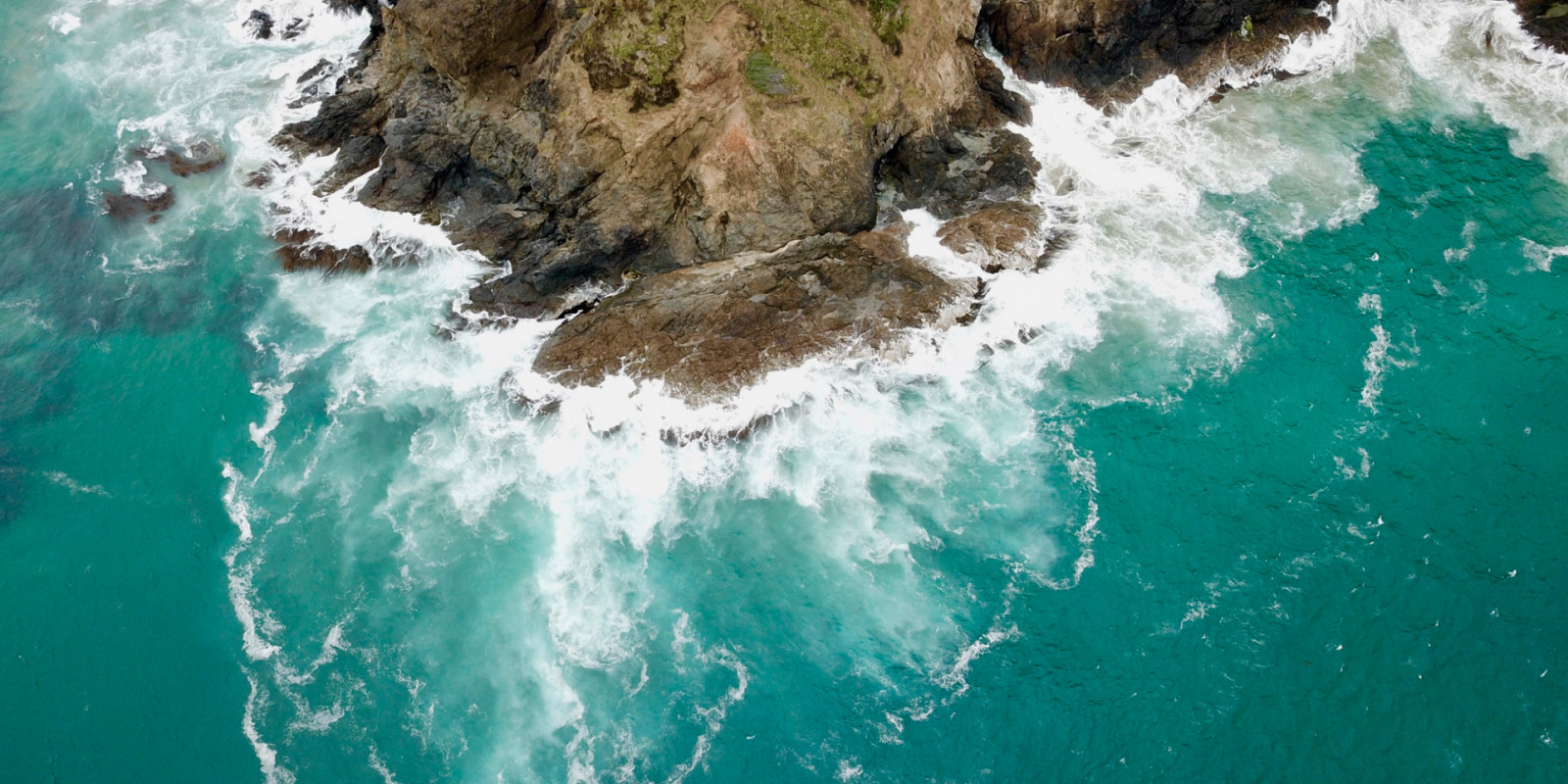Results
Found 1090 results. Displaying page 1 of 109.
-
Creating value from a blue economy
-
Whai Rawa, Whai Mana, Whai Oranga: Creating a world-leading indigenous blue economy
-
Tackling the issues facing Aotearoa New Zealand's marine environments
-
Mitigating ocean acidification to protect mussels
-
Independent Science Panel
-
Ecological responses to cumulative effects
-
Awhi Mai Awhi Atu: Enacting a kaitiakitanga-based approach to EBM
-
Development of valuation frameworks and principles
-
Defining marine habitat use by seabirds
-
Sediment tolerance and mortality thresholds of benthic habitats
